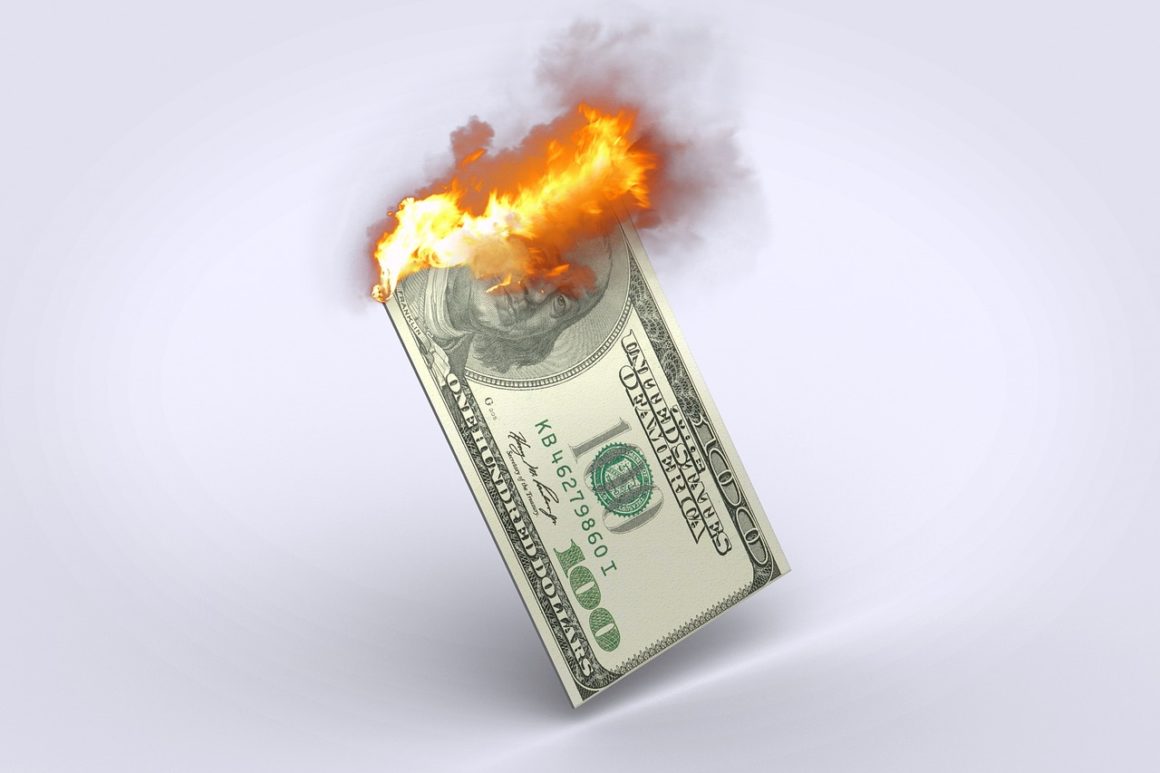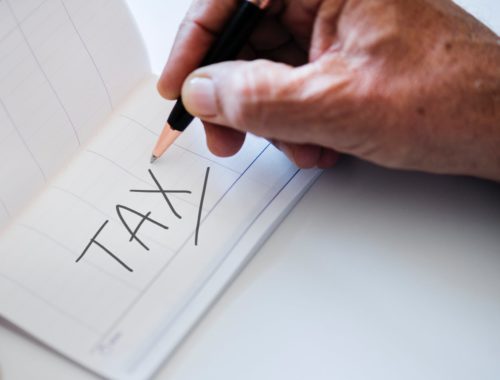
The Importance of Expecting Unexpected Expense!
Recently, we examined how the first and most important step in budgeting was monitoring expenses. You really cannot start to budget your spending if you don’t know where your money is currently going. As we will see later, there are some expenses we can easily change – e.g. how much we spend at restaurants – some expenses that are more difficult to change –e.g. rent – and there are some we really cannot do anything about – e.g. student loan payments So I hope you downloaded and started playing with one of the great (FREE) budgeting apps available. Today we are going to discuss something intimately related – emergency funds and house savings funds.
Time after time I hear people tell me that they tried to live within a budget. They downloaded an app, tracked their expenses, set goals and then a few months into it – BAM – an unexpected expense. Maybe it’s a broken hot water heater, perhaps the car died. It doesn’t matter, but it needs to be fixed and it needs to be fixed now! Suddenly, their budget is blown for the month and their entire faith in the process is shattered. Their conclusion is that maybe other people can live within a budget – but budgets don’t work for their lifestyle. I call these “unexpected” expenses “budget busters” and while they are unpleasant, they aren’t unexpected at all. Because they are expected, we can be proactive and plan for these expenses and save our budget at the same time. We divide these very common – but somehow unexpected expenses into two broad categories: “emergency fund” and “home savings”.
The home saving’s account
No matter how shinny and new your home is, no matter how comforting that home warrantee sounds (wait until you try to use it), you need a savings account designated just for your home. The house I recently purchased is only 10 years old and so far, the refrigerator died, beverage cooler stopped cooling, the dishwasher leaked, the irrigation system broke – twice, and the front gate needed replacing. In case you are saying to yourself – that’s what home warrantees are for – they don’t cover beverage coolers, irrigation systems, gates or the damage caused by water. Or at least mine doesn’t. That’s why you need to have a budget item called “Home expense savings.” But how much do we need to save? Experts tell us that we should save 1% – 3% of the value of a home aside each year for expected maintenance. So if you have a $400k home, each year you should be putting between $4,000 and $12,000! That turns into a cool $333 – $1,000 per month! Sounds like a lot? Think about what it will cost to replace the roof – because at some point it will need replacing, the hot water heater will go out, the garage door opener will die and unless your luck is better than mine, its likely to all happen at the same time! Since not many of us have an extra $1k a month to save, I recommend starting with somewhere around $100 a week. If you can save $5,200 in the first year, you are off to a great start! The key is that at the end of the year we leave any unspent money in the account and let the account grow so that at some point we really can afford that new roof and hot water heater with out worrying for one moment about where the money will come from – because its already saved!
The emergency savings account
Emergency funds are for big catastrophic events. What would happen if, through no fault of your own, you found yourself with out a job – how long could you pay your bills? If you spend any time at all on the NOMV Facebook group you probably realize that this happens to really good people with astonishing frequency. Maybe your job is super secure – but what would happen if your car died and you needed money now? Or you incurred an unexpected medical expense. Experts recommend that we should have at least enough to pay 3 months of “essential” bills in savings. This amount doesn’t include any retirement funds or our home savings account. By essential we mean that if you had to live a relatively Spartan life style for a few months, what would you need to survive. Things like rent, mortgage, student loans, car payment, insurance (health, car, disability, etc.), minimum credit card payments, utilities, etc. are all essential. Restaurants and vacations are not. You may see that some sources quote a “6-month rule” – that you need at least 6 months of savings put aside for an emergency. For people with very specific skill sets or in some industries this certainly makes sense. The more difficult it would be to find a new job the more funds you should have on-hand – but for veterinarians 6 months seems excessive. Unless you are disabled – and you do have disability insurance don’t you?? – Veterinarians are usually able to find a new work reasonably quickly, even if that means covering a few emergency shifts while looking for that perfect clinic. But how can we possibly save enough to pay 3 months of bills? Slowly! Let’s say for example that your essential bills total $3,500 a month. If we want to be able to cover 3 months of expenses we would need $10,500 – not a trifling amount. But if we plan on saving up over 36 months we would need to save $290 a month. Still too much? Save just $50 a week (~$218 a month) for 48 months and you will be protected in the event of a catastrophic event. Better yet, keep saving that $50 a week after you have your 3-month nest egg and now you can cover other emergencies without reducing your savings below the 3-month level. Last year when I accidently knocked a glass of soda onto my laptop’s keyboard (true story) I was really mad at myself for days, but I already had the money for a new computer saved right in my emergency fund. It’s a small price to pay to be able to sleep well at night!
Truth of the matter is that there are really no “unexpected expenses.” Stuff breaks and the more stuff we have, the more likely it is that something will go wrong. We need expect that. These expenses shouldn’t burst the budget, they should be part of the budget. Every budget needs a line item for emergency funds and house savings funds. We will take a close look at budgets soon.





5 Comments
Pingback:
Pingback:
Pingback:
Pingback:
Pingback: